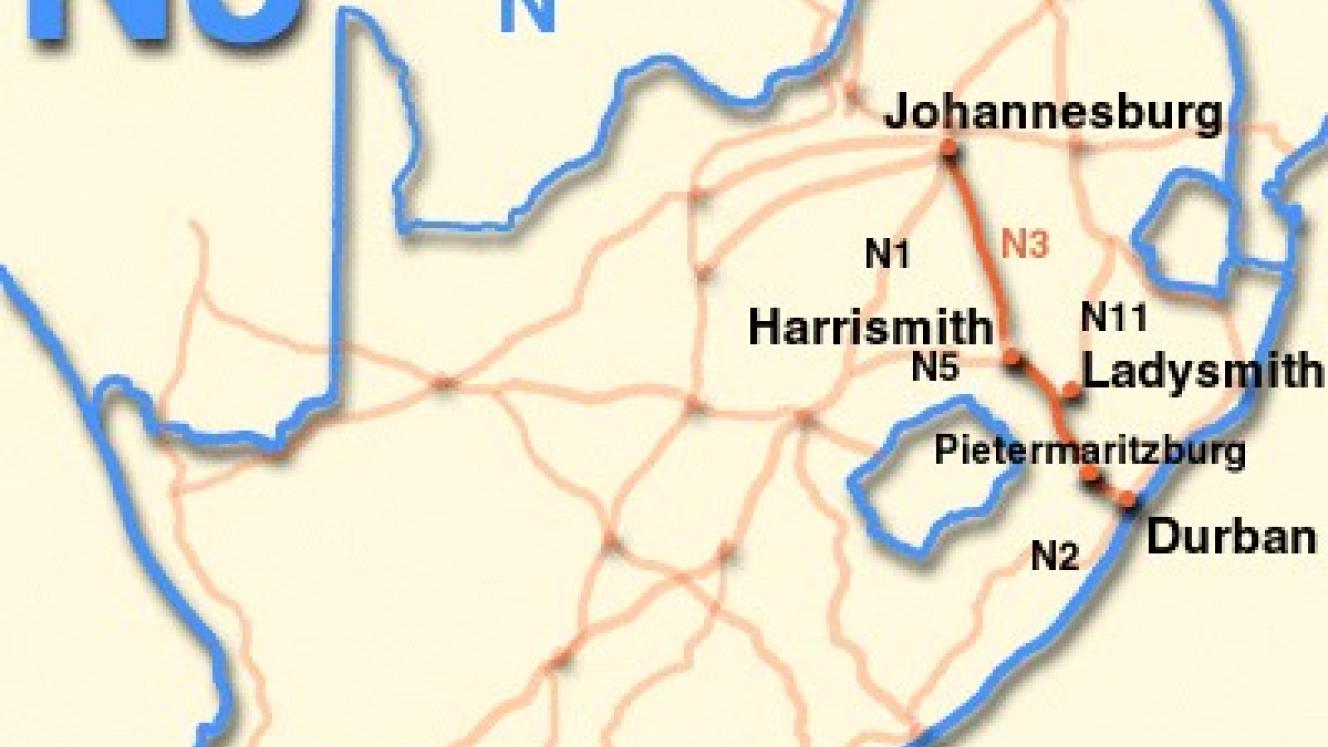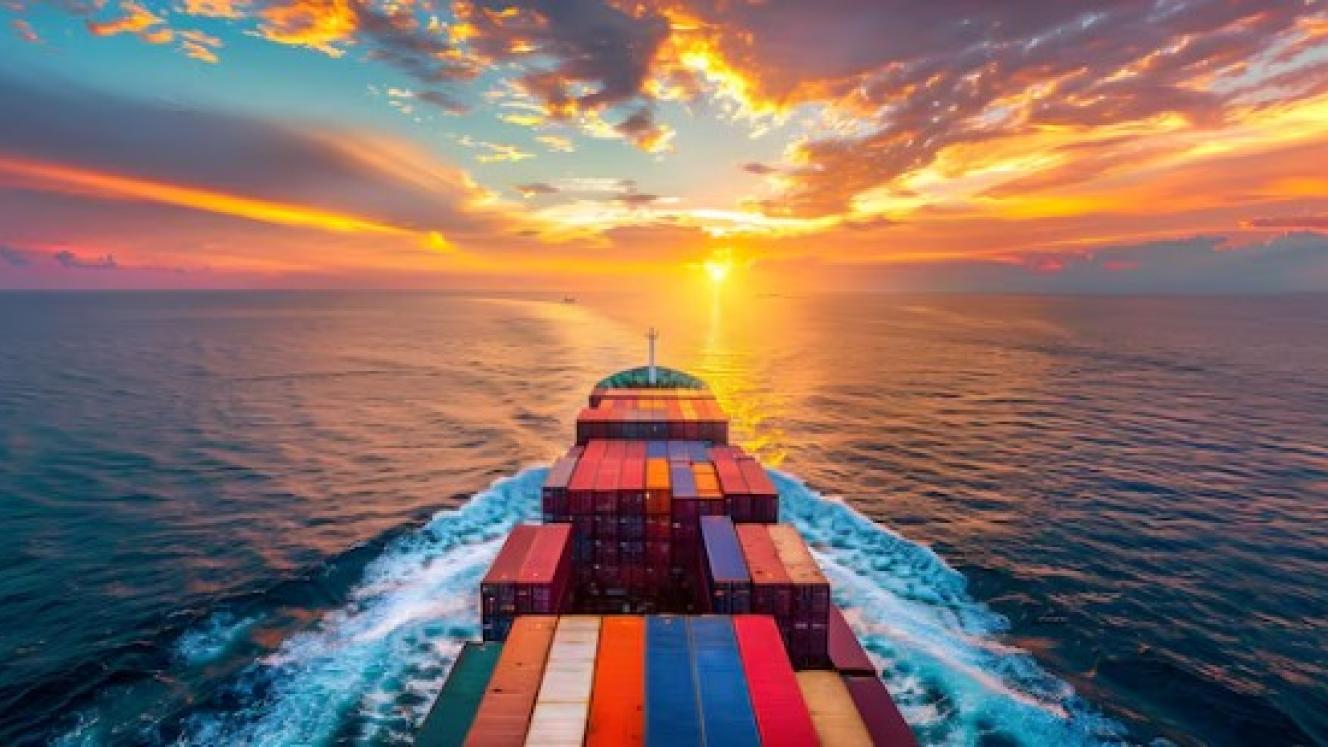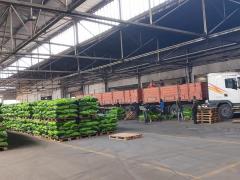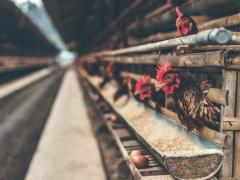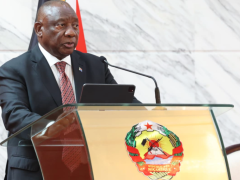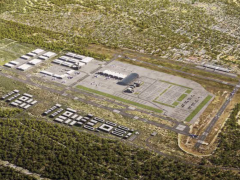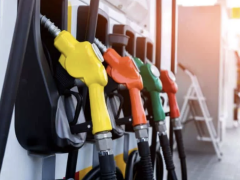Fools rush in where angels fear to tread, they say, and whoever “they” is – a ubiquitous voice of reason maybe? – one could easily argue that it doesn’t actually matter, that even the village idiot would tell you that it’s not safe on South Africa’s main supply routes at the moment.
Acting Minister in the Presidency, Khumbudzo Ntshaveni, has said all supply lines destabilised by last week’s horrendous violence in KwaZulu-Natal and Gauteng have been restored and are open and safe for business.
Meanwhile, neutral consolidator CFR Freight warned in its most recent weekly industry newsletter that venturing onto the N3, especially at night - for whatever reason - remained unsafe.
By no stretch of the imagination are they alone in this view.
In fact, the overwhelming sentiment out there is that the risk factor for road freight in this country remains high.
This has been the case since the weekend, when everything from curtain trucks to tankers, articulated rigs and much smaller nipper deliverers gathered in designated areas, moving onto the N3 in convoy, watched over by heavily armed private security personnel, police and soldiers.
Public sector law enforcement, focused around hot spots such as Mooi River, only served to support the notion that the stepped-up securitisation of cargo in South Africa is going to be a private-sector concern for the immediate to near future.
“And transporters will have to do it 24 hours a day, seven days a week for the time being,” says Mike Fitzmaurice, chief executive of the Federation of East and Southern African Road Transport Associations.
“At huge additional cost in security and insurance expense, cost which they cannot absorb and which will have to be passed onto consumers.”
It’s also not just on the country’s roads where increased awareness of cargo security is required, says Gavin Kelly, CEO of the Road Freight Association.
The securing of all freight movement is key, but needs to be seen within a larger logistical network.
“The challenge for us is where we’re delivering to - especially where distribution centres (DCs) and specialised cold storage facilities have been destroyed.”
And what about retailers who now sit with similar problems, Kelly adds.
“The chain stores are working around the clock to get back to serviceability. The smaller ones are not so lucky. We tried to get the authorities to understand that the N3 and similar routes need to be secured, by whatever means. Similarly, the DCs and related infrastructure also need to be secured.”
What happens though in the interim?
How is KZN to make do while the lion’s share of its storage capacity lies smouldering?
Is it not perhaps time to consider the transhipment of goods along the country’s coastline as part of a new project-driven cargo intervention, allowing KZN the necessary time to rebuild destroyed infrastructure?
It’s not so simple, says Fitzmaurice.
“It’s possible, and it can be done, but I don’t know whether it’s financially viable.”
South Africa simply cannot function without its road freight sector, Kelly says.
Thankfully, the resilience of the sector and its ability to keep on trucking, even though at least 35 trucks were destroyed last week – closer to 150 if all supply vehicles are considered – will save the day, he says, supporting the notion that in a post-insurrection South Africa, all freight should be afforded special security treatment, as if it’s abnormal.
“Project cargo would probably now be the essentials, as that’s where the critical need lies. Unfortunately for the authorities, this is not a short-lived reality and they need to understand that they have a responsibility to secure the logistics going forward. We are always attacked whenever someone is upset about something.”
Minimising attack, especially on the N3, means transporters are advised not to work after hours which, especially for South Africa, only adds to the problem.
“Truckers tend to want to use night-time driving when they can in South Africa because of the good roads and the short distances. It’s much easier to do a trip at night than to do it during the day when it’s busier. For that reason you can’t stop night travel.”
Also, because of the destruction of DC facilities in KZN, increased volumes, especially of perishable goods across the province, will require longer hours on the transport side of logistics.
Fixing what could have been avoided in the first place is going to require something really special, the kind of unconventional thinking that often goes hand-in-hand with project cargo.
- Look out for Freight Features’ next instalment out tomorrow – a special focus on Project Cargo.
